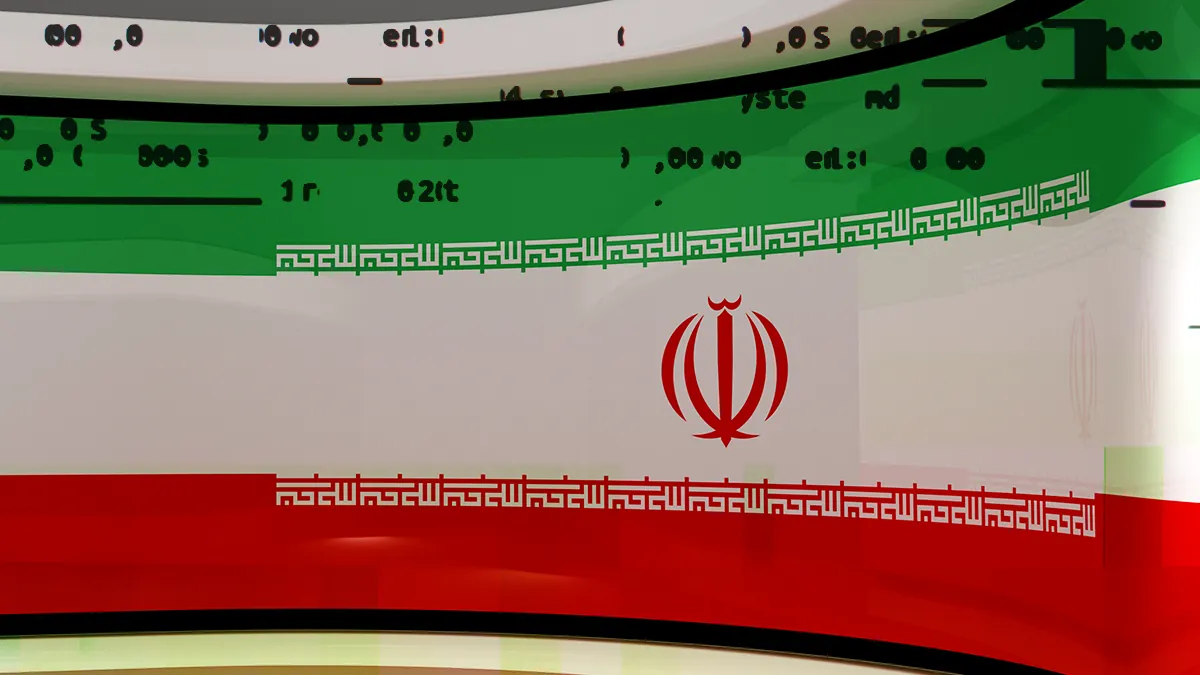Meta Uncovers Iranian Hackers Targeting Ex-Officials via WhatsApp
Meta exposed Iranian government hackers using WhatsApp to target former U.S. officials. The operation, linked to the Islamic Revolutionary Guard Corps, is part of broader election interference efforts.

Meta, the parent company of WhatsApp, has uncovered a sophisticated cyber operation targeting former U.S. government officials. The company revealed on Friday that Iranian government-affiliated hackers attempted to deceive ex-members of both the Biden and Trump administrations using WhatsApp accounts.
The hackers, believed to be associated with the Islamic Revolutionary Guard Corps (IRGC), impersonated customer support representatives from major tech companies such as Microsoft, Google, Yahoo, and AOL. This tactic, known as social engineering, is a common method used in cyber attacks to gain trust and access sensitive information.
"We investigated and suspended fewer than a dozen accounts that had targeted less than two dozen people in the United States, Israel, Iran, and elsewhere."
Meta emphasized that the operation was in its early stages, and no evidence of successful breaches was found. However, this incident adds to the growing concerns about Iran's attempts to interfere in the upcoming 2024 U.S. election.
The IRGC, established in 1979 following the Iranian Revolution, has been expanding its cyber capabilities over the past decade. In 2019, the U.S. designated the IRGC as a foreign terrorist organization, highlighting the group's involvement in various malicious activities.
This latest revelation aligns with previous reports from the Office of the Director of National Intelligence, Microsoft, and Google, which have identified IRGC-linked groups creating deceptive news sites catering to both left and right-wing audiences. These efforts appear to be part of a broader strategy to influence public opinion and potentially sway election outcomes.
In a related development, the same hacking group reportedly compromised the email account of Roger Stone, a long-time political consultant known for his work with Republican politicians. The hackers then used Stone's account to target current Trump campaign staff members.

The use of WhatsApp in this operation is particularly noteworthy. Despite its end-to-end encryption, which makes it attractive for privacy-conscious users, the platform can still be exploited by bad actors for malicious purposes. This incident serves as a reminder of the ongoing challenges faced by social media companies in combating sophisticated cyber threats.
Meta, which has over 3 billion monthly active users across its platforms, has invested heavily in security and content moderation in recent years. The company's swift action in identifying and suspending the suspicious accounts demonstrates its commitment to protecting users from potential cyber attacks and election interference attempts.
As the 2024 U.S. election approaches, cybersecurity experts and government agencies remain vigilant against potential foreign interference. The evolving tactics employed by state-sponsored hacking groups underscore the need for continued cooperation between tech companies, government entities, and users to maintain the integrity of democratic processes in the digital age.


































